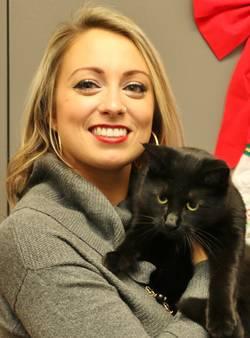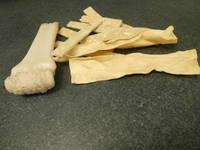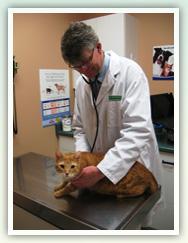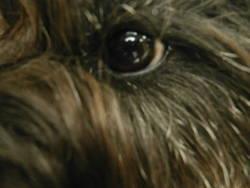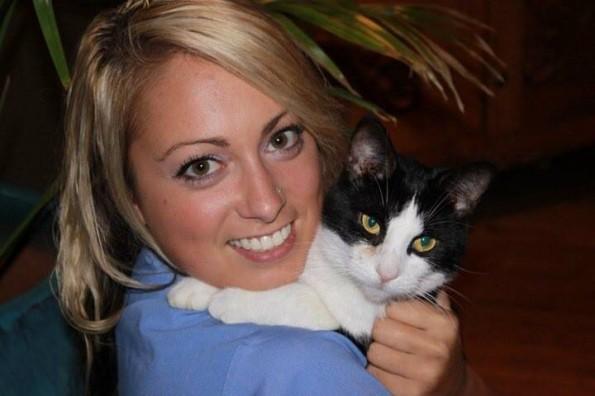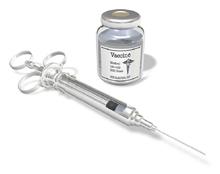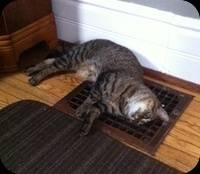
- Feed your cat canned food. It is important that all cats receive some canned food as part of their diets as this is a better source of protein and water than kibble alone. In the cold weather cats tend to drink less, especially outdoor cats. For male cats especially this can be very dangerous and play a factor in causing urethral obstruction; an emergency and life threatening situation where a male cat is unable to urinate. Feeding your cat canned food will help to lower this risk.
- Bang on the hood of your car before starting it. Outdoor cats and other small animals may seek shelter and warmth in the car engine, and can become injured if the car is started while they are inside. Banging loudly on the hood will help to scare them away.
- Clean up and safely store antifreeze. Antifreeze is a highly toxic poison for both dogs and cats. Ingesting just a tablespoon is enough to be lethal for an average cat. Antifreeze does not taste bad to them and so they are not discouraged from drinking it. Cleaning any spills and storing antifreeze where your pet cannot access it will help prevent poisoning.
- Clean your dog’s feet after walks. During outdoor activity, dogs will often pick up ice, salt, antifreeze or other potentially toxic substances on their feet. If you do not clean them off, they could end up licking and ingesting these chemicals. Another option is to have booties for your dog to wear outside. Dogs may also cut their feet on ice or salt, so regularly checking them for injury is prudent as well.
- Do not leave your pet in the car. While we all may understand how dangerous it is to leave an animal in a car in hot weather, leaving them in a car in cold weather can also be hazardous. A car can act like a refrigerator – dropping your pet’s temperature to dangerously low levels.
- Get some winter attire. If you own a short haired breed or your dog just seems sensitive to the cold, having some sweaters and coats for it to wear will help keep it comfortable.
- Feed a bit less. Very often during the cold, dogs and cats will get less exercise than usual. This means that if they continue to eat the same amount of food they will gain weight. Preventing weight gain in your pets is a lot easier than trying to achieve weight loss. On the other hand, if your dog spends most time outdoors it may require more food to maintain a healthy weight.
- Keep your dog on leash. Snow can cover familiar scents and dogs that are off leash may lose their way. Keeping them on leash is also a good way to prevent them from getting to areas of ice and falling through.
- Keep your pets inside. Dogs and cats can get hypothermia and frost bite just like people. Keeping them inside, and only going outside while supervised will help keep pets warm and healthy. This will also prevent access to many of the previously mentioned hazards.
- Be prepared for emergencies. All homes should have emergency kits in case of bad weather and power outages. Make sure your kit includes food, water medications and anything else your pet may need.
If you have any questions about our cold weather tips give our team at Coventry Animal Hospital a call.


